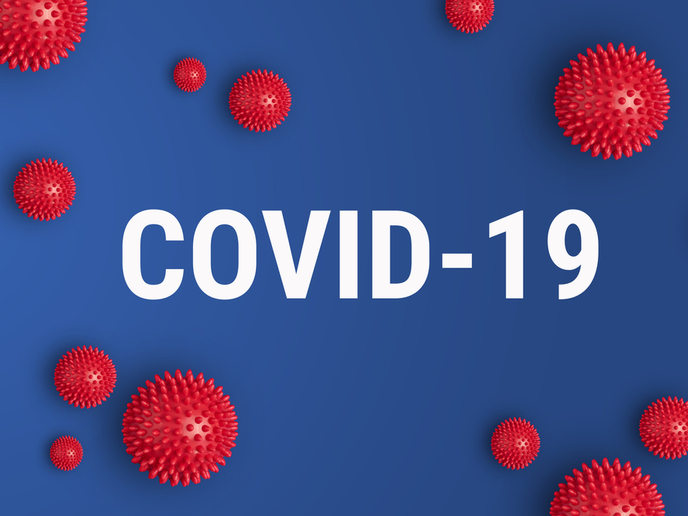Taking stock of research in the fight against COVID-19
In a very short time period, COVID-19 has massively affected people’s health, global society and economies all over the world. However, well before the coronavirus crisis, EU-funded researchers have been generating knowledge and developing technologies that may now provide solutions to the various issues arising from the pandemic. Held virtually 22-24 September, this year’s European Research and Innovation Days event provided “an opportunity to … take stock of research and innovation achievements in the global response to the COVID-19 pandemic,” as stated on the website(opens in new window) of the European Research Council (ERC). The ‘Frontier research to fight COVID-19’ session held on the first day brought together four distinguished scientists who presented their research projects’ innovative contributions as a way out of the coronavirus crisis. The speakers included Balpreet Singh Ahluwalia of the University of Tromsø – The Arctic University of Norway, Meike Bartels of the VU University Medical Center Amsterdam, Sunetra Gupta of the University of Oxford and Vincenzo Cerullo of the University of Helsinki.
Frontier research across disciplines
NANOSCOPY and Nano-Chip project grantee Balpreet Singh Ahluwalia discussed how affordable microscopes can help the fight against COVID-19. Prof. Ahluwalia and his team developed technology to counter the expense of current nanoscopes – microscopes that measure resolution in nanometres – that makes them inaccessible to most researchers. Their photonic chip-based optical nanoscopy can significantly reduce the cost of current devices, enabling their widescale use in clinics and hospitals. The focus of WELL-BEING grantee Meike Bartels’ research is identifying the genetic and environmental influences on well-being. Prof. Bartels and her team expanded their study to include an examination of the pandemic’s impact on people’s quality of life, optimism and their understanding of the meaning of life. Preliminary results indicate that the pandemic’s effects on well-being are negative. They also show that effort should be made to identify any positive effects so as to use them for “rebuilding and re-opening the world,” as stated in the ERC-published document ‘COVID-19: Frontier research in the spotlight’(opens in new window). Research conducted by DIVERSITY and UNIFLUVAC project grantee Sunetra Gupta deals with what is on most people’s minds these days: vaccines. Prof. Gupta is investigating the host and pathogen co-evolution under immune selection and how epitopes can be used to create influenza vaccines. By applying this research method to the strain causing the COVID-19 disease, her team could ultimately help to create a vaccine that covers all severe acute respiratory syndrome coronavirus strains. Vaccines are also the focus of PeptiCrad and PeptiCHIP grantee Vincenzo Cerullo’s work. When the pandemic began, Prof. Cerullo and his team adapted their cancer vaccine technology to SARS-CoV-2 vaccines. The new software can identify the weak points of the coronavirus and, within minutes, is able to incorporate these weak points into existing vaccines. This results in a potent vaccine that can target all of the virus’ weak points. The DIVERSITY (Evolution of Pathogen and Host Diversity), Nano-Chip (Affordable photonic-chip based optical nanoscopy), NANOSCOPY (High-speed chip-based nanoscopy to discover real-time sub-cellular dynamics) and UNIFLUVAC (A novel universal influenza vaccine targeting epitopes of limited variability) projects have already ended. PeptiCHIP (PEPTICHIP: Streamlined identification of tumour neoantigens for personalised anti-cancer immunotherapy), PeptiCrad (Personalized oncolytic vaccines for cancer immunotherapy) and WELL-BEING (The dynamics underlying Well-being; Understanding the Exposome-Genome interplay) are still ongoing. For more information, please see: NANOSCOPY project(opens in new window) Nano-Chip project(opens in new window) WELL-BEING project(opens in new window) DIVERSITY project(opens in new window) UNIFLUVAC project(opens in new window) PeptiCrad project website(opens in new window) PeptiCHIP project(opens in new window)



